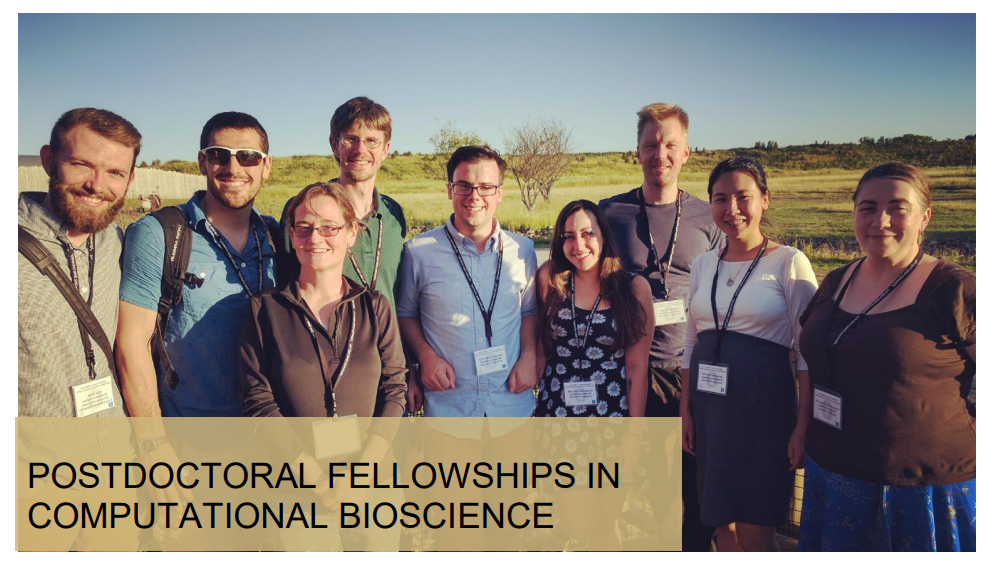POSTDOCTORAL TRAINING
Postdoctoral fellowships with generous stipends are available for highly qualified trainees.
The University of Colorado’s Computational Bioscience Program (CPBS) has openings for postdoctoral fellowships to start in early 2024. The fellowships are supported by a T15 postdoctoral training grant. Through this opportunity, the CPBS aims to train computational biologists to achieve excellence in research, education, and service. Each postdoc will work with one or more program faculty, mainly located on the Anschutz Medical Campus but also at the Denver and Boulder campuses and at National Jewish Health.
Alumni Career Paths
Alumni of the CPBS postdoctoral fellowship program conduct novel interdisciplinary research in computational biology, translational bioinformatics, and clinical research informatics. Graduates become biology, bioinformatics, medicine, and computer science professors or assume high-level research positions in government or industry.
CPBS Faculty
The CPBS faculty includes world-renowned researchers working in the areas of Genetics and Genomics, Natural Language Processing, Text Mining, Clinical Research Informatics, Molecular Evolution, Neuroscience, Biostatistics, Personalized Medicine, Computational Pharmacology, Microbiome, Cancer Systems Biology, Metagenomics, Molecular Interaction Networks, and Visual Analytics. Find a list of our faculty on our website.
Why Colorado?
The CPBS program draws from faculty across our highly collaborative institutions with excellence ranging from basic research to enhancing patient care through clinical informatics. Colorado is a wonderful place to live while doing research. Denver has big city amenities and multiple, distinct neighborhoods that provide a diverse array of small-town charms; you can find what you need here. We get lots of sun; low humidity means summers feel cooler and winters warmer. The local mountains support a wealth of outdoor activities in all seasons. We are centrally located in the United States with the second largest airport by area and third largest by passenger traffic in the world providing easy access coast to coast.
Salary and Benefits
Postdocs in the training program will receive benefits and a stipend of at least the NIH NRSA Year 0 Stipend. Departmental starting salaries vary from NRSA Year 0 Stipend ($56,484) to $70,000/year.
Trainees receive health and dental insurance. Some highly qualified trainees are eligible for National Library of Medicine/NIH Fellowships, which include more generous stipends and travel expenses. Qualified postdoctoral trainees from under–represented minority groups are eligible for additional travel and other training benefits.How to Apply
Before applying, applicants should identify a mentor for postdoctoral training. The applicant and the mentor will work together to develop research and mentoring plans. An effective research plan will describe the significance, innovation, and approach while detailing how the research will lead to the applicant's future independence.
To be considered for this opportunity, applicants should submit a complete application as a single PDF that which includes:
- CV
- Research plan (two pages)
- Mentoring plan (one page, created by the mentor)
- Cover Letter describing post-training career goals, setbacks or gaps in training, and how the training experience will help the candidate reach these goals (up to two pages)
Candidates must be U.S. citizens or permanent residents.
APPLY NOW
Questions? Contact us at CPBS@cuanschutz.edu.
CU Anschutz Postdoctoral Office
The PDO serves as an informational resource for postdoctoral fellows, faculty, and administrators. The office can assist with understanding policies, supporting your postdoctoral training, and helping you develop career and professional skills.
